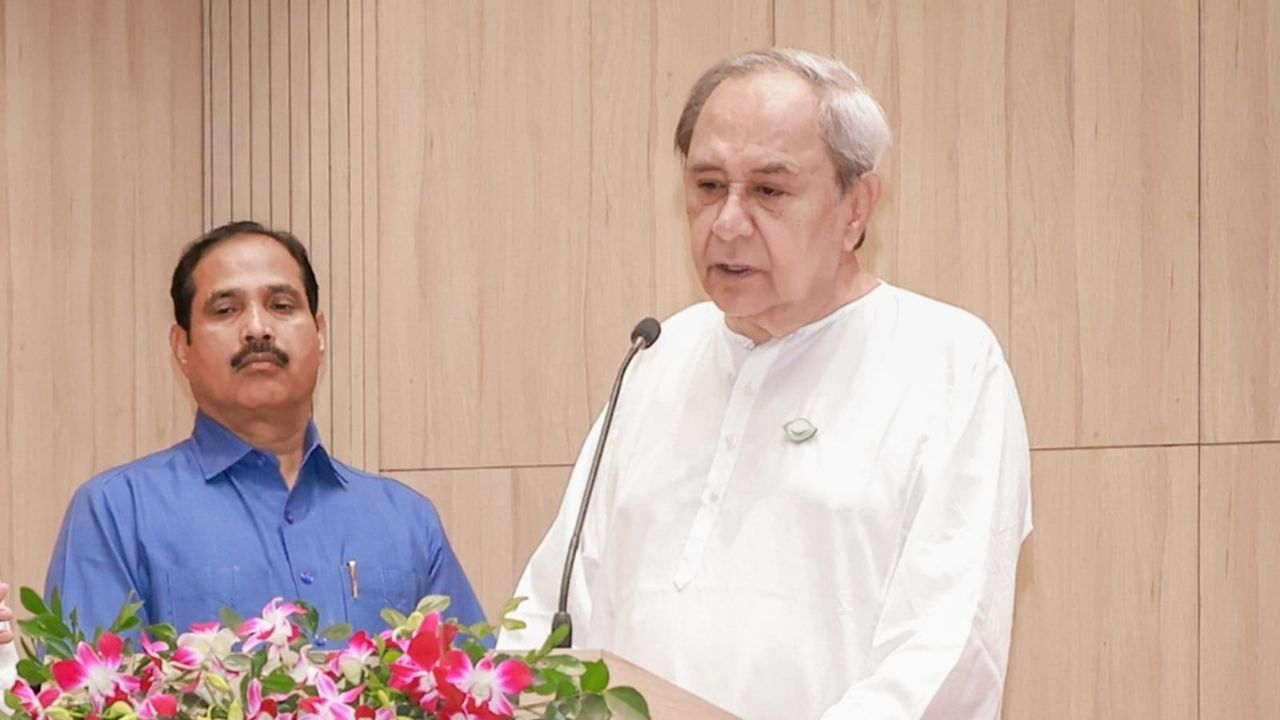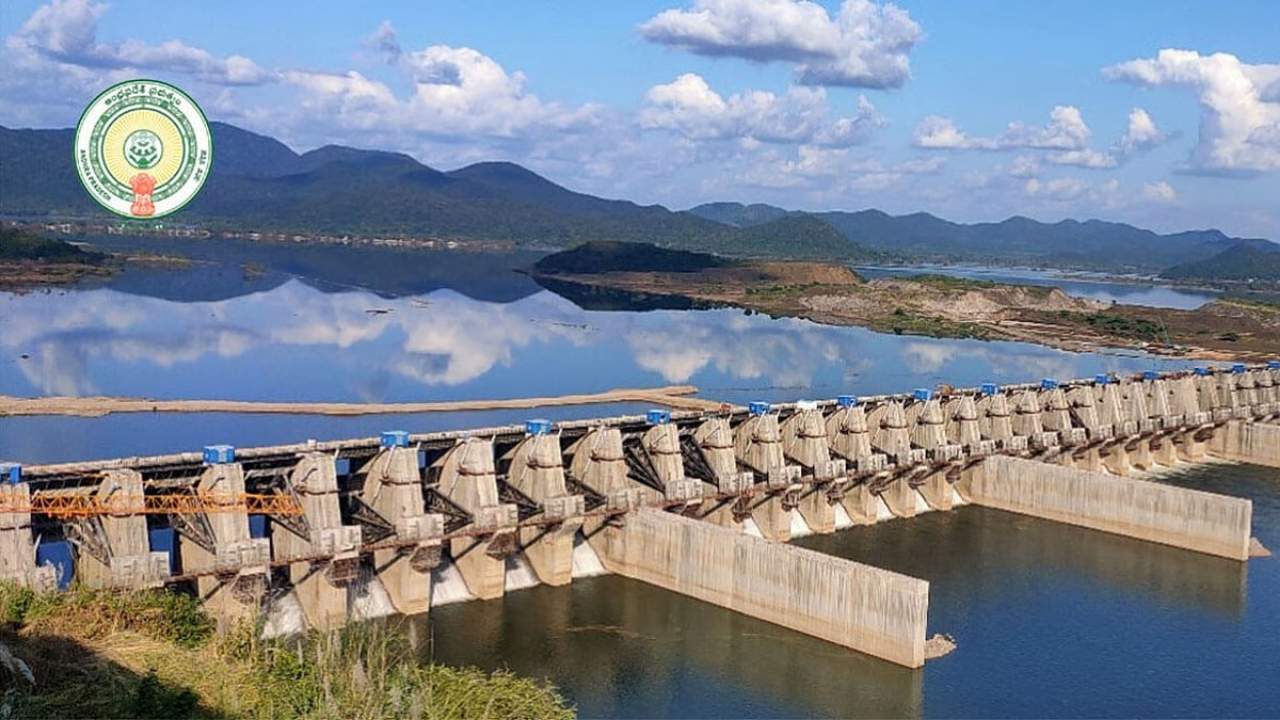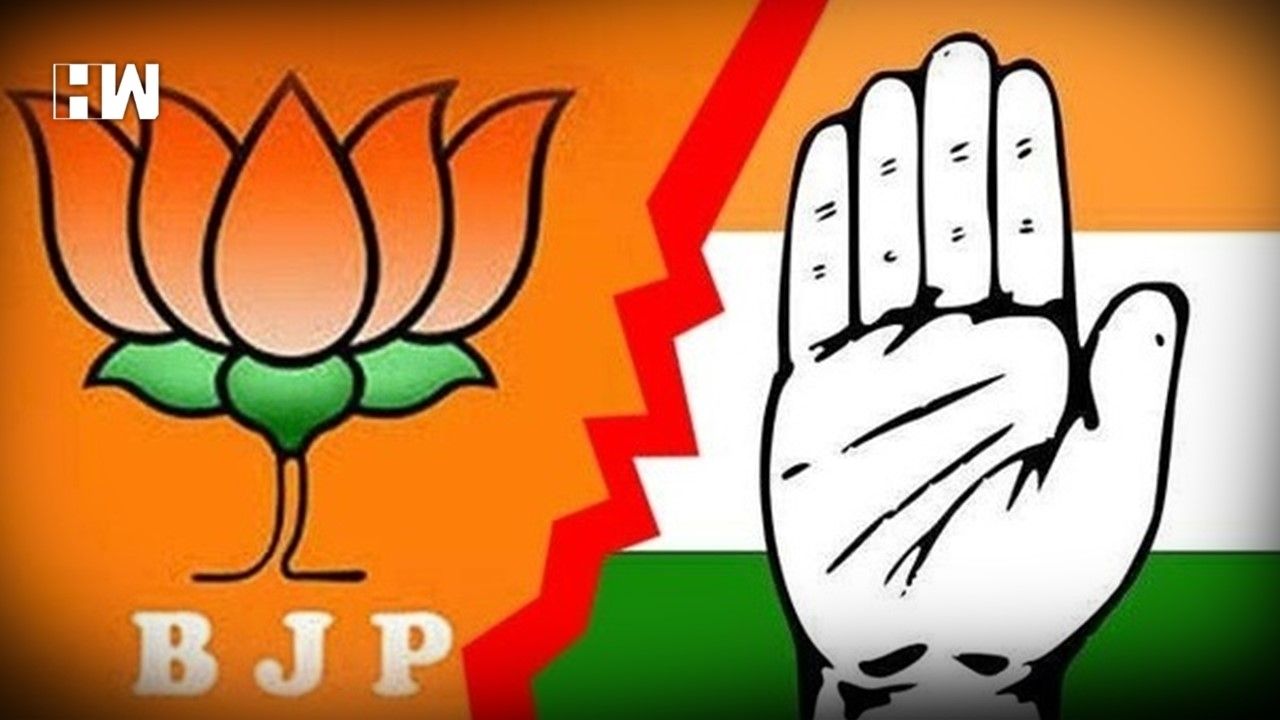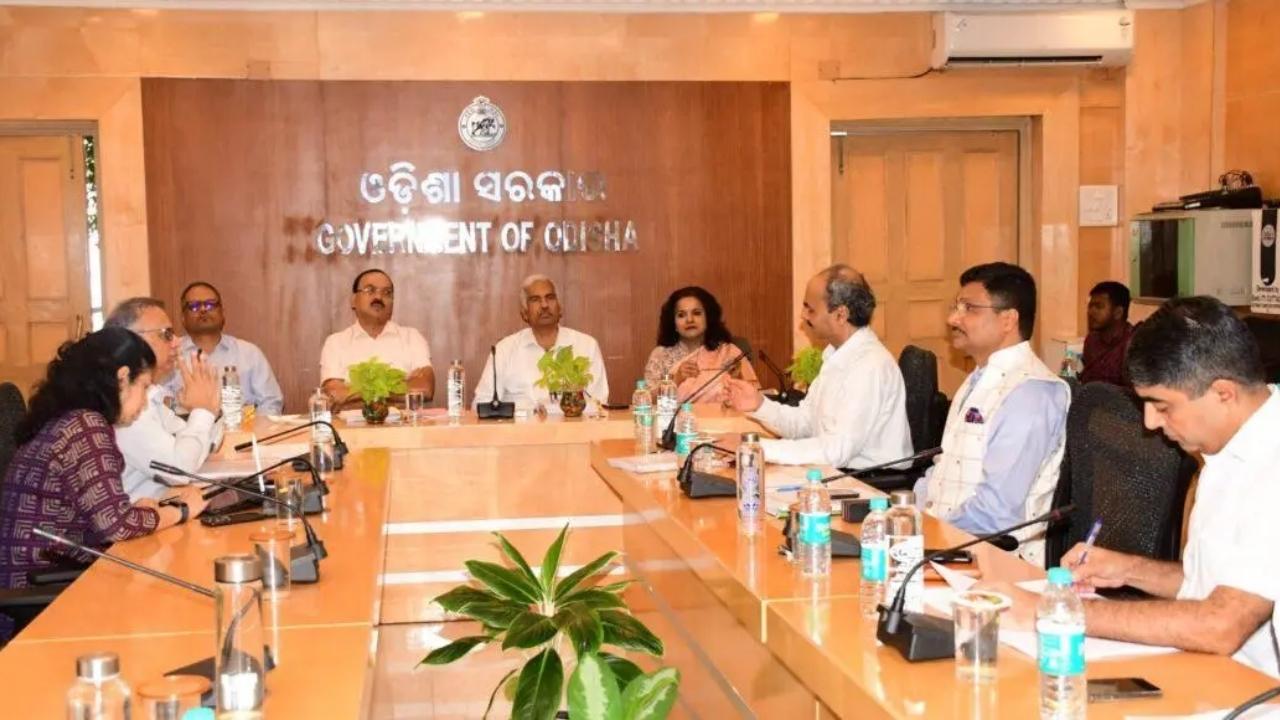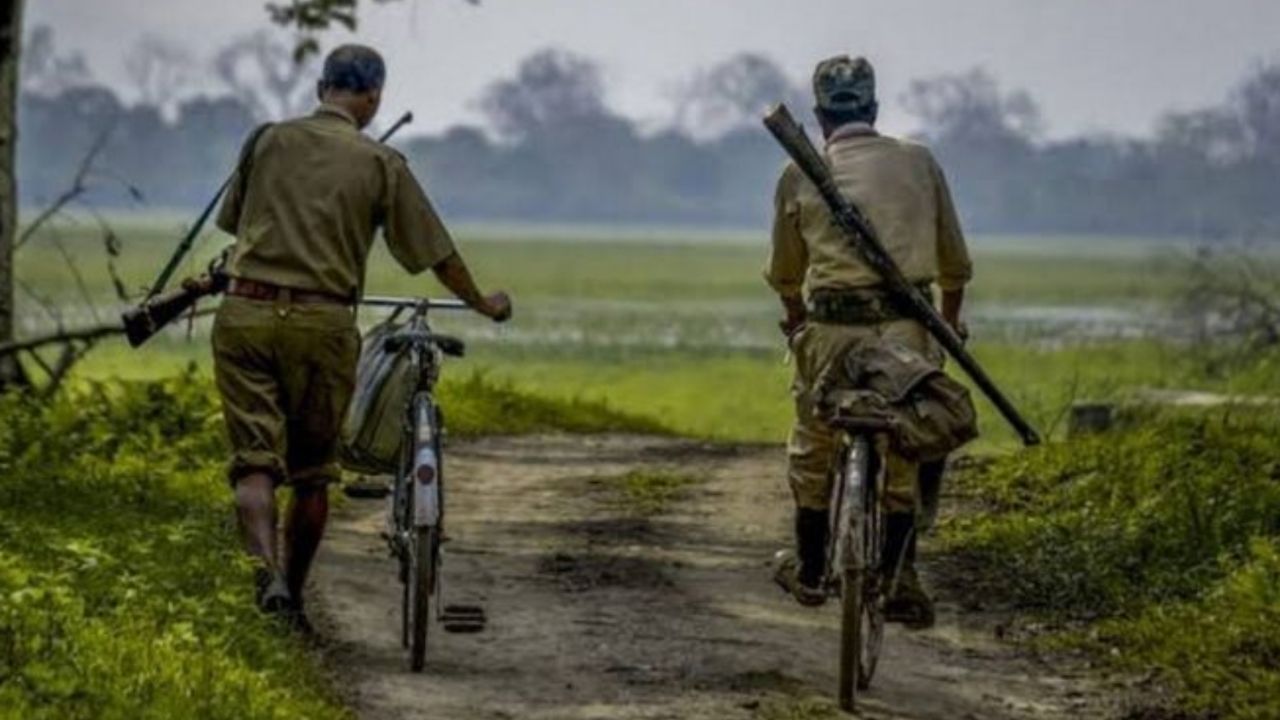The tragic incident at Fakir Mohan Autonomous College in Balasore, Odisha, has sparked widespread outrage and drawn attention from across the country. On July 1, a 20-year-old student, Soumyashree Bisi, attempted self-immolation after enduring months of sexual harassment by a faculty member. The shocking act, which took place outside the principal’s chamber, has led to a demand for justice from various quarters, including political leaders, human rights organizations, and citizens.
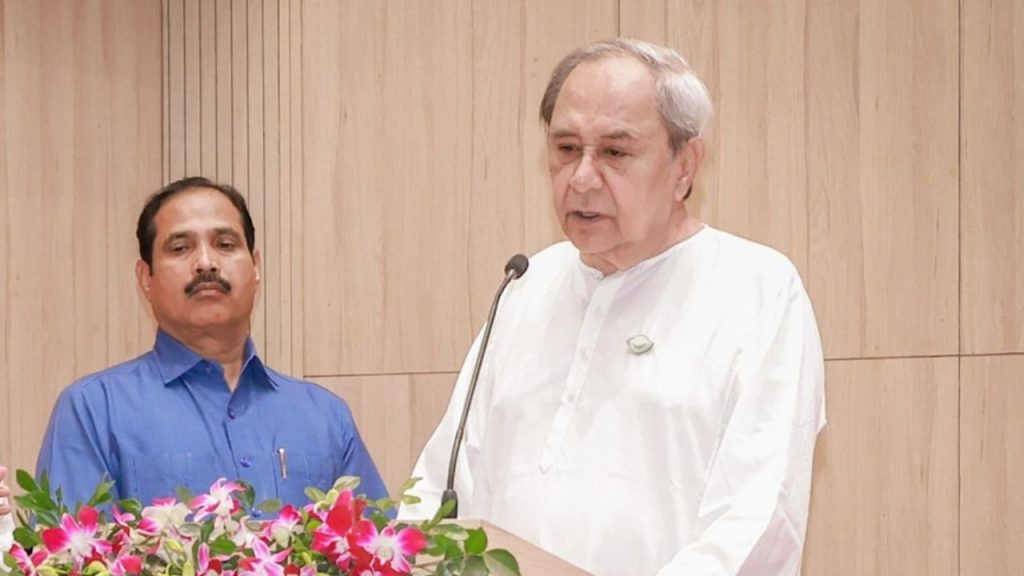
Leader of Opposition (LoP) and former Chief Minister of Odisha, Naveen Patnaik, has condemned the incident in the strongest terms and called for immediate action. Patnaik has demanded that the Governor of Odisha, in his capacity as Chancellor of state universities, intervene to ensure that the victim receives the justice she desperately sought. The response to the incident has been swift, with a high-level inquiry already underway. This article provides an in-depth analysis of the incident, its aftermath, and the steps being taken to ensure accountability and justice.
LoP Naveen Patnaik Condemns FM College Incident
| Key Aspect | Details |
|---|---|
| Incident | Student Soumyashree Bisi attempts self-immolation after being sexually harassed by faculty member. |
| Date of Incident | July 1, 2025 |
| Location | Fakir Mohan Autonomous College, Balasore, Odisha |
| Victim’s Condition | Victim is in critical condition at AIIMS Bhubaneswar. |
| Action Taken by Authorities | High-level inquiry launched; Principal suspended, teacher arrested. |
| Political Reactions | Naveen Patnaik demands Governor’s intervention, urges for swift justice. |
| National Commission for Women (NCW) | NCW takes suo motu cognizance and demands Action Taken Report within three days. |
| Govt. Investigation | Three-member committee investigating the incident. |
For more detailed information and updates on the incident, you can refer to the official websites of Odisha’s higher education department or news sources like The New Indian Express or India Today.
The incident at Fakir Mohan Autonomous College is a heartbreaking reminder of the systemic issues surrounding sexual harassment in educational institutions. While the immediate need is to ensure justice for Soumyashree Bisi, it is equally important to address the broader structural problems that allow such harassment to persist unchecked. The ongoing investigation and political response show that there is hope for accountability and change, but this tragedy should serve as a call to action for improving safeguards in institutions across the country.
The Incident: What Happened at FM College?
The incident unfolded at Fakir Mohan Autonomous College, Balasore, where Soumyashree Bisi, a 20-year-old student, attempted self-immolation outside the principal’s office. This act was the culmination of months of severe sexual harassment by Sameer Kumar Sahoo, a faculty member who served as the Head of the Department. According to reports, Bisi was subjected to constant demands for sexual favors, which made her academic life unbearable.
Despite her repeated complaints to the college principal, the state Higher Education Minister, and even the Chief Minister’s office, no action was taken to address the issue. Left without any support, Bisi resorted to social media on July 1, tagging top officials in a desperate plea for justice. Her post highlighted the continuous harassment and lack of response from the authorities.
Unfortunately, when no meaningful response came, Bisi attempted self-immolation in a final act of desperation. She is currently undergoing treatment for severe burn injuries at AIIMS Bhubaneswar. The next 24-48 hours are critical for her recovery.
Reaction from Political Leaders
The response to the incident has been swift. Leader of Opposition Naveen Patnaik has condemned the actions of the accused faculty member and the failure of the college authorities to protect the student. In a statement, Patnaik called the incident “shocking and deeply distressing” and expressed his heartfelt wishes for the student’s recovery.
He further urged the Governor of Odisha, who is the Chancellor of state universities, to intervene and ensure that the victim receives the justice she deserves. Patnaik’s demand reflects the gravity of the situation and the need for immediate action to hold the guilty parties accountable.
Official Investigations and Actions
Following the incident, the Odisha government has launched a high-level investigation. A three-member committee, led by senior officials from the Higher Education Department, has been tasked with looking into the matter. The principal of the college, Dillip Kumar Ghosh, has been suspended, and Sameer Kumar Sahoo, the accused faculty member, has been arrested.
The state government has assured the public that strict action will follow once the inquiry is completed. This includes not only disciplinary measures for those involved but also a broader review of how such complaints are handled in educational institutions across Odisha.
National and International Reactions
This tragic event has caught the attention of not only local authorities but also national organizations such as the National Commission for Women (NCW). The NCW has taken suo motu cognizance of the incident and demanded an Action Taken Report (ATR) within three days. This demonstrates the national outrage over the case and the determination to ensure that justice is served.
Several political parties, both from the ruling and opposition camps, have called for accountability. While opposition leaders, including Patnaik, have demanded swift action, the ruling government in Odisha has promised a fair investigation and stringent action.
The Road Ahead: Ensuring Justice and Prevention
While the investigation is ongoing, it is clear that the immediate need is to ensure justice for the victim. However, this incident has also raised important questions about the systemic failures in the handling of sexual harassment cases within educational institutions. The lack of response to Bisi’s repeated pleas for help reflects broader issues in addressing such complaints effectively.
What Needs to Be Done?
- Strengthening Institutional Mechanisms:
Educational institutions must have clear, robust systems for addressing complaints of sexual harassment. This includes providing students with accessible platforms to report harassment and ensuring that complaints are handled swiftly and confidentially. - Accountability at All Levels:
Those in positions of authority, like the college principal and department heads, must be held accountable for failing to act on Bisi’s complaints. The failure to protect students from harassment undermines the credibility of educational institutions. - Legal Reforms:
While the investigation is crucial, legal reforms are needed to ensure that such cases are handled with urgency and that perpetrators face swift and severe consequences. This could involve revisiting the laws related to sexual harassment in educational settings and ensuring proper enforcement. - Awareness and Support:
There needs to be greater awareness about the rights of students and the avenues available for seeking help. Additionally, students should be provided with mental health support to help them cope with such traumatic experiences.
FAQs
Q: What exactly happened to Soumyashree Bisi?
A: Soumyashree Bisi attempted self-immolation outside her college principal’s office after months of sexual harassment by a faculty member. She had previously reported the issue but received no support from the authorities.
Q: What actions have been taken against the accused?
A: The accused faculty member, Sameer Kumar Sahoo, has been arrested, and the college principal has been suspended. A high-level inquiry is underway to investigate the matter.
Q: What is Naveen Patnaik’s role in the situation?
A: Naveen Patnaik, Leader of Opposition in Odisha, has strongly condemned the incident and demanded that the Governor of Odisha intervene to ensure justice. He has called for a thorough investigation into the case.
Q: What has the National Commission for Women (NCW) done?
A: The NCW has taken suo motu cognizance of the incident and demanded an Action Taken Report (ATR) within three days.

